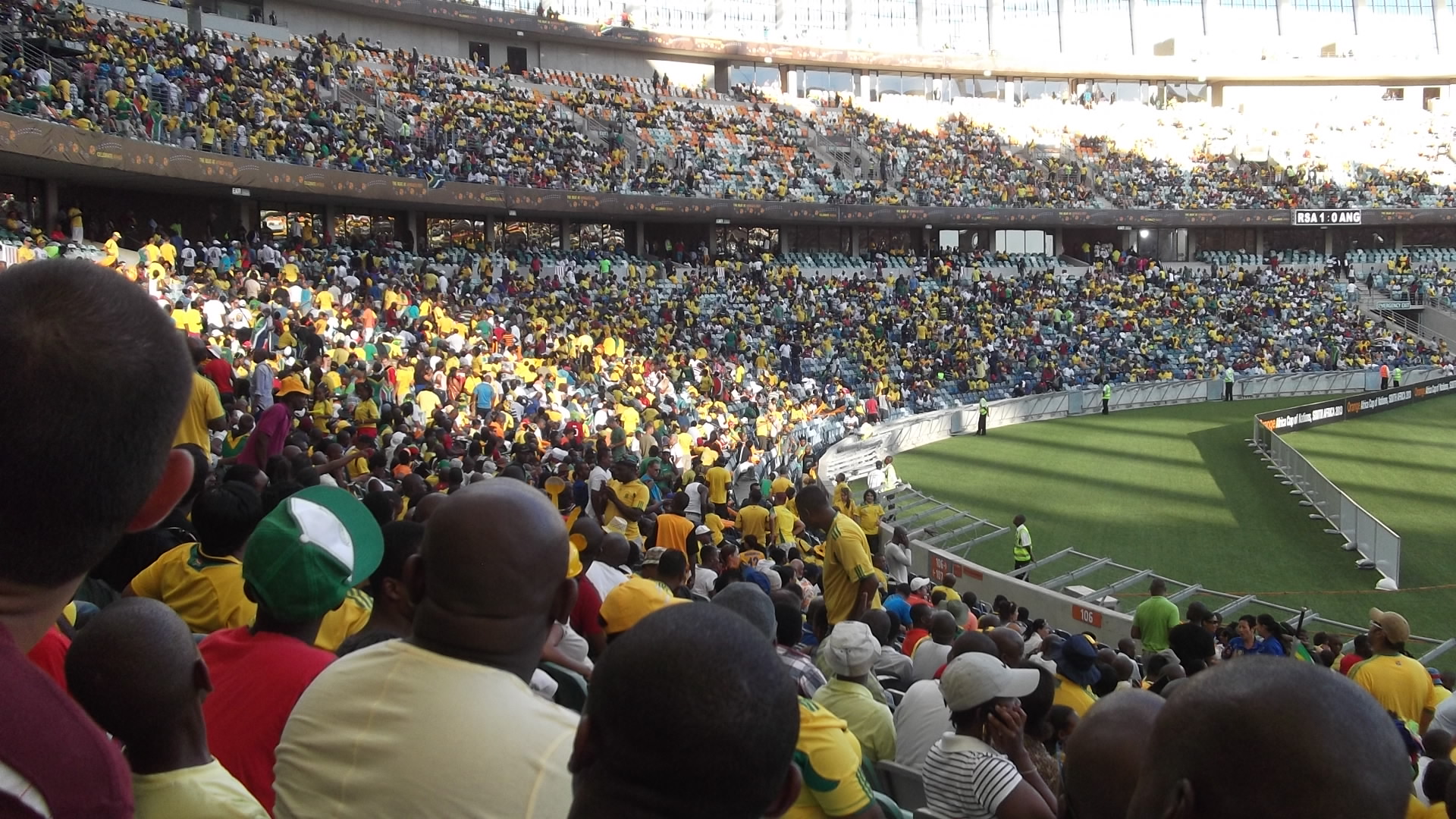There is little debate that the World Cup is the world’s premier soccer event. Some might argue that the Champions League, especially the final, takes precedence, but that happens every year, and is strictly European. The World Cup is, as the name suggests, global and only takes place every 4 years. Our alliances are, for the most part, dictated by nationality, not by favorite childhood player or jersey. The Euro Championships also take place every four years, staggered so that they occur right between World Cups. The CONCACAF Gold Cup, for North American countries, takes place every two years.
In short, all regions have their own respective tournaments, meant to establish geographical dominance. Perhaps the tournament that causes the most controversy, however, is the African Cup of Nations (AFCON). The reasons are many and with the 2015 edition having just ended, there is no better time than the present to discuss it.
The 2015 African Cup of Nations was the 30th such tournament and the third in the past 5 years. The reason for the such an accumulation is actually a resolution to one of the Cup’s formerly most glaring problems. Held in the past on even-numbered years, the Cup interfered indirectly with the World Cup. I say indirectly to draw attention to the current day largest issue of the Cup; its winter placement, which we will return to. So, for 28 times, the African Cup forced the top tier African players to play in two grueling tournaments in a year, without much time for a break. Essentially this was a lose-lose for all involved, as other countries understandably resented the opportunity to play in what could’ve been perceived as a warm-up tournament. So, the Confederation of African Football (CAF) fixed this issue by shifting the tournament to odd-numbered years.
The issue they failed to address was the timing within the year. Understandably, and this must be realized before making any argument for moving it to the summer, the wet season overlaps with when most European teams would like the tournament to be played, and makes it impossible for many nations to host. And yet, the tournament is incredibly inconveniencing to many European teams.
As is their wont to do, African players tend to choose representation their nations over allegiances to club teams. This does, however, leave many teams shorthanded and without some of their best players. For example, due to this past tournament, Manchester City lost Yaya Touré, Roma lost Gervinho and Seydou Doumbia, and Everton Christian Atsu, who was named the tournament’s best player. Apart from not having some of their stars when the second half of the season rolls around, many coaches fear losing them for extended periods of time. Tournaments notoriously play games with much less rest between them, highly increasing the chances of injury, which can have lasting consequences on the player’s availability.
But perhaps the issue that is truly at hand is the lack of respect given to African soccer. Touré has famously said that African players are discriminated against on and off the pitch. I would venture to say he has a point, but only to a certain extent. We do grant premier status to the European nations when it comes to soccer. But I do not agree with Touré in that the cause of this is racism. African soccer, as a whole, is not quite up to par with it’s Northern, European counterpart. I realize that there are incredible socio-economic issues at hand that may be preventing African soccer from developing as it otherwise could be, but this is a discussion for another time and place.
This is not to say that there is not discrimination and racism, because there certainly is, but it is not the reason AFCON is not popular. When watching the final between Ghana and Ivory Coast, I was struck by the surprisingly slow pace of the game. The game did not have the same intensity, at least until the end, of most European international matches. Often absent too was the quality that takes your breath away. When the quality does not match up with the competition, it is understandable to wish one would give way to the other. At the same time, I understand Touré’s and others’ demands for respect. Therefore, I do not think it is right to force AFCON to change dates
At the same time, if there is to be a greater acknowledgement of African soccer, there needs to be technical improvement in the game played.
Photo Credit: akidjoh – Wikipedia.org





